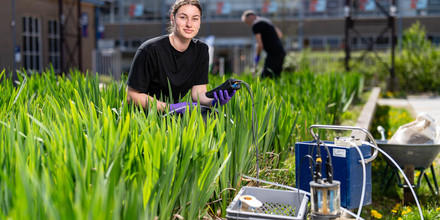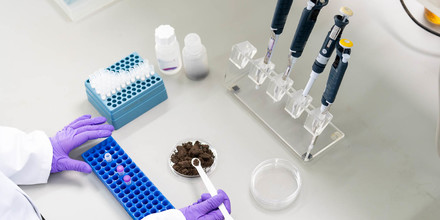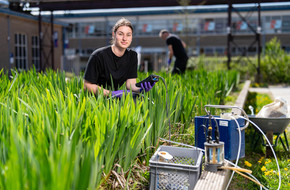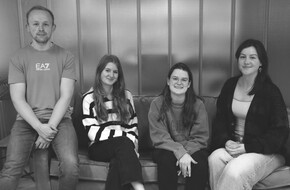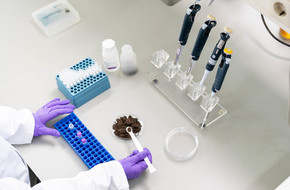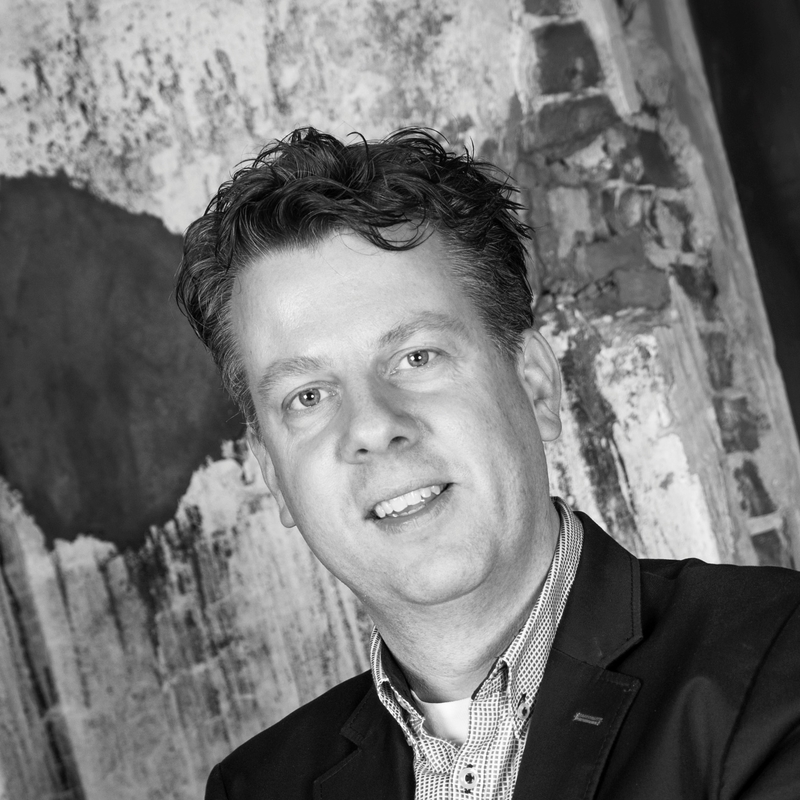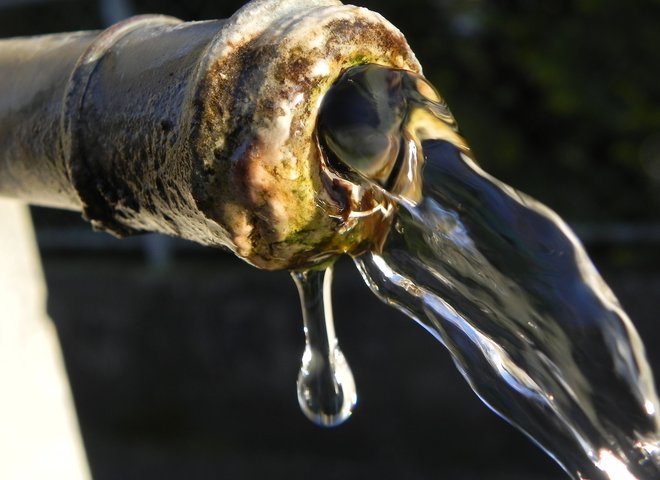Area-oriented groundwater and soil management
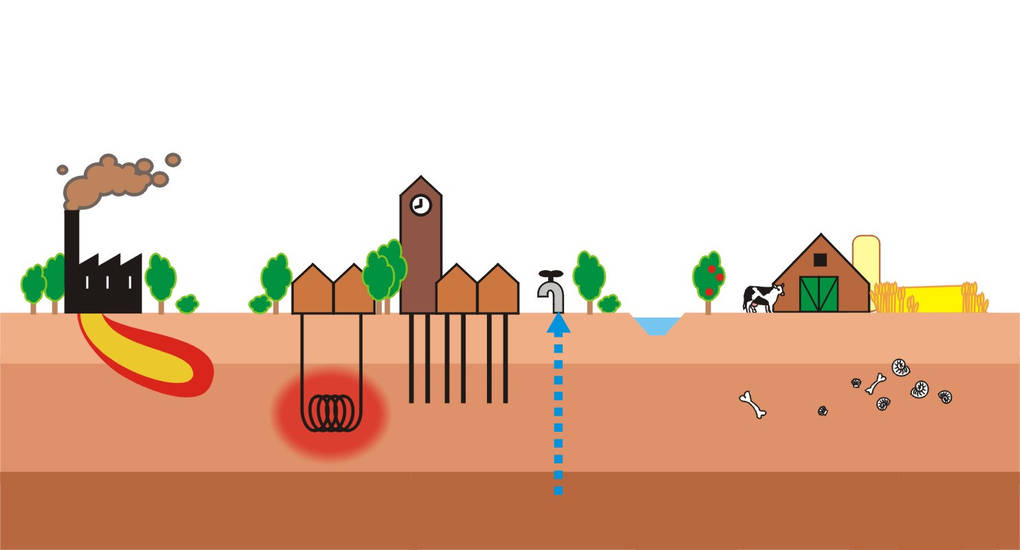
These days the revival of old industrial buildings for new purposes is trending. These often rough and historic constructions are the perfect décor for big parties, trendy restaurants, fancy hotels and edgy art expositions.
For many local governments the remains of past entrepreneurship, like industry, dry cleaners and petrol stations are far less romantic. They are confronted with large-scale pollution of groundwater and soil, of a complexity in which traditional remediation will not have the desired effect. Such areas are like a black box. In many cases the local government has to cover an important part of the clean-up costs. Overall it’s an undesirable situation, which can turn out to be a real pain in the neck for local authorities.
Not intervening is not an option. These contaminations can cause considerable risks to the environment and public health. Also spatial planning, heat/cold storages or abstraction of drinking water could be endangered. Furthermore there’s a growing need for using the groundwater system to help absorb the increasing amount of rainfall as a result of climate changes.
Addressing multiple environmental issues simultaneously
For complex contamination and environmental issues Bioclear earth developed the area-oriented ground water and soil management approach. As the Greek philosopher Aristotle said: the whole is more than the sum of its parts. By taking measurements for a whole area we can control the spreading of contaminations. We achieve this through the combination of biology and technology, known as eco-engineering. Eco-engineering gives us the opportunity to address multiple environmental issues at the same time, for instance improving water quality, climate adaptation, biodiversity and urban liveability.
Based on a thorough risk assessment we make an inventory of the various polluted areas and their coherence. When source zone and plume remediation is the most effective approach to reduce the risk, this will be a part of the strategy. Low risk contaminations can be supervised through a well-conceived monitoring system or managed by using phytoremediation for decontamination of heavy metals and degradation of pollutants.


